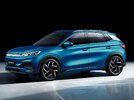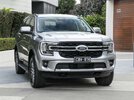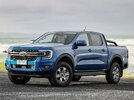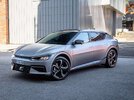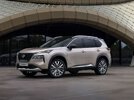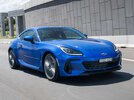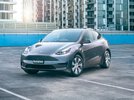- Joined
- 14 February 2005
- Posts
- 15,537
- Reactions
- 18,266
As a practical observation, people often do bizarre things with heating / cooling in cars.
Like running the A/C compressor literally every time they drive the car whether needed or not, then turning the heating up if they feel cold. Unless the aim is to reduce humidity, which sometimes it is but usually it isn't, then that's a bizarre thing to be doing.
Oh how I wish our schools would put more focus on teaching physics.
Like running the A/C compressor literally every time they drive the car whether needed or not, then turning the heating up if they feel cold. Unless the aim is to reduce humidity, which sometimes it is but usually it isn't, then that's a bizarre thing to be doing.
Oh how I wish our schools would put more focus on teaching physics.



